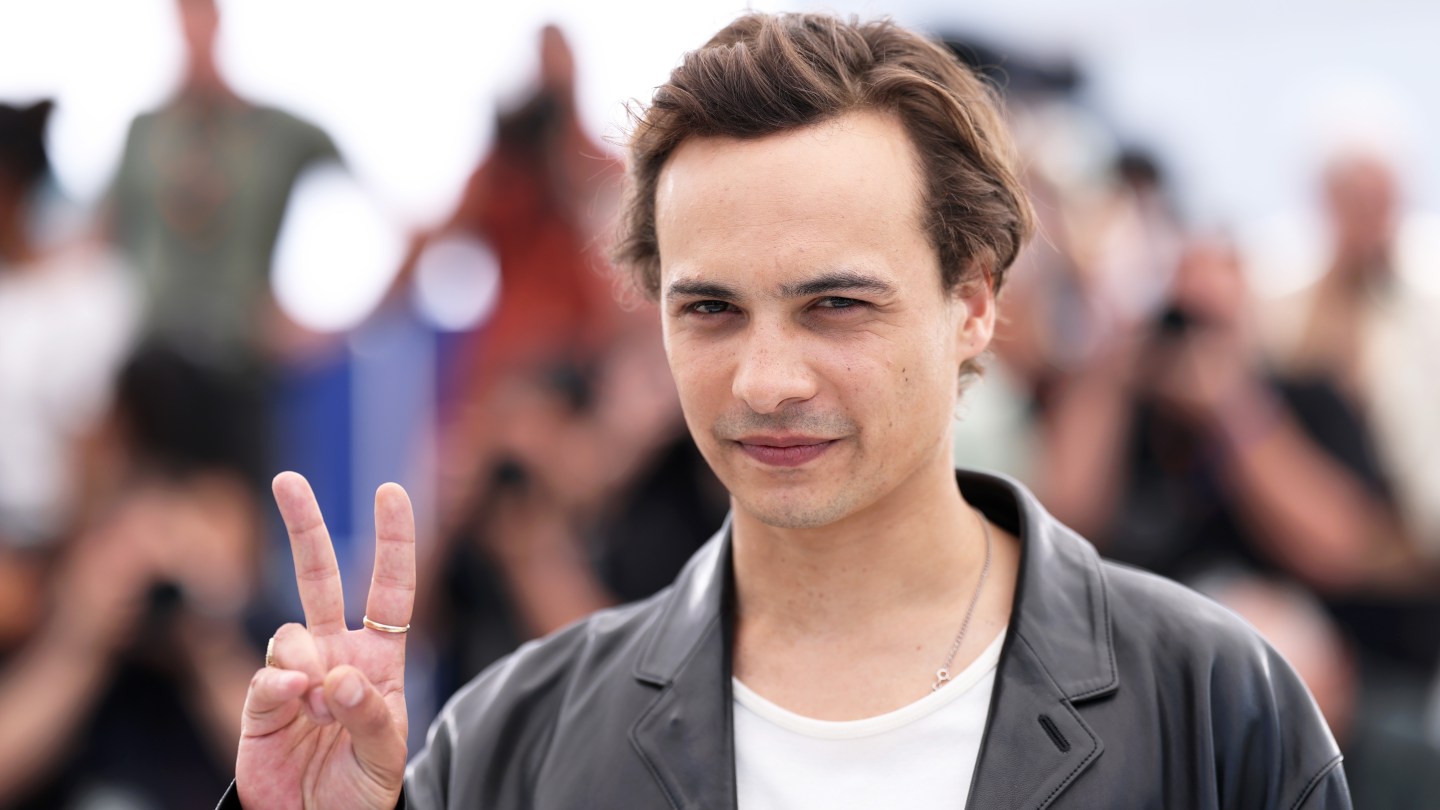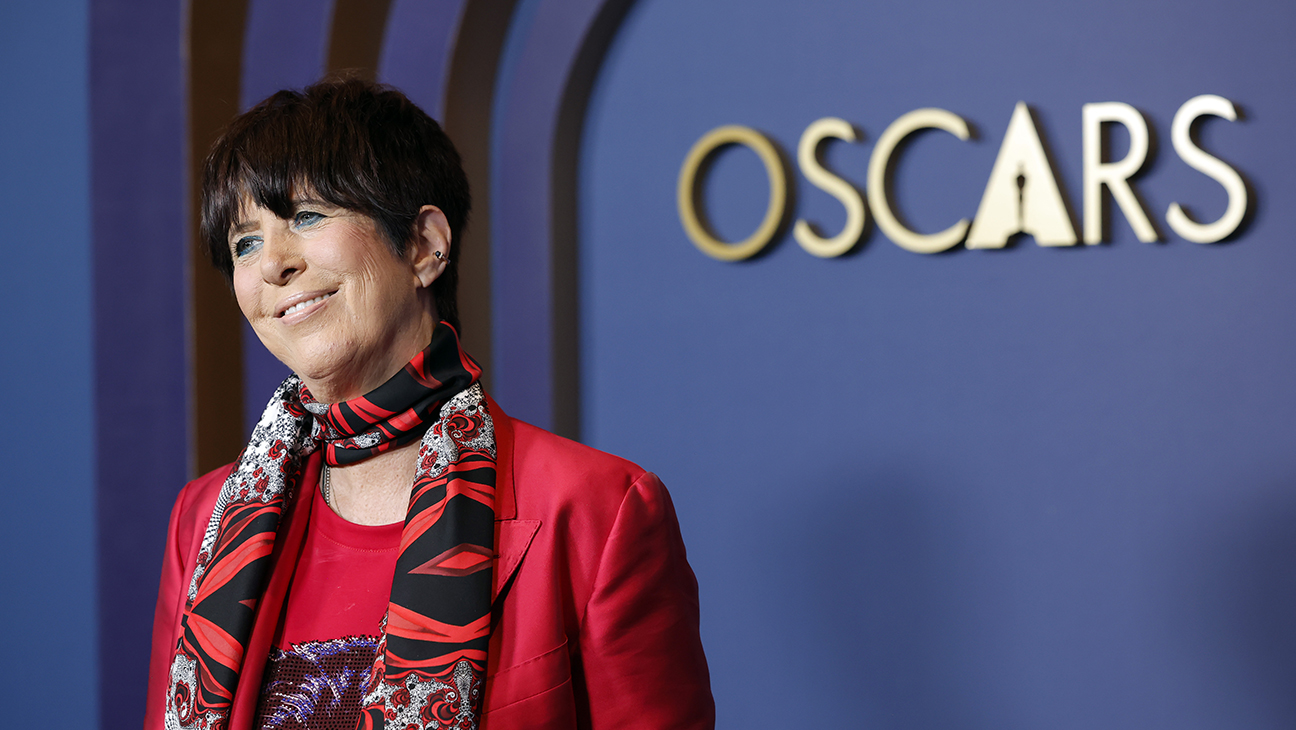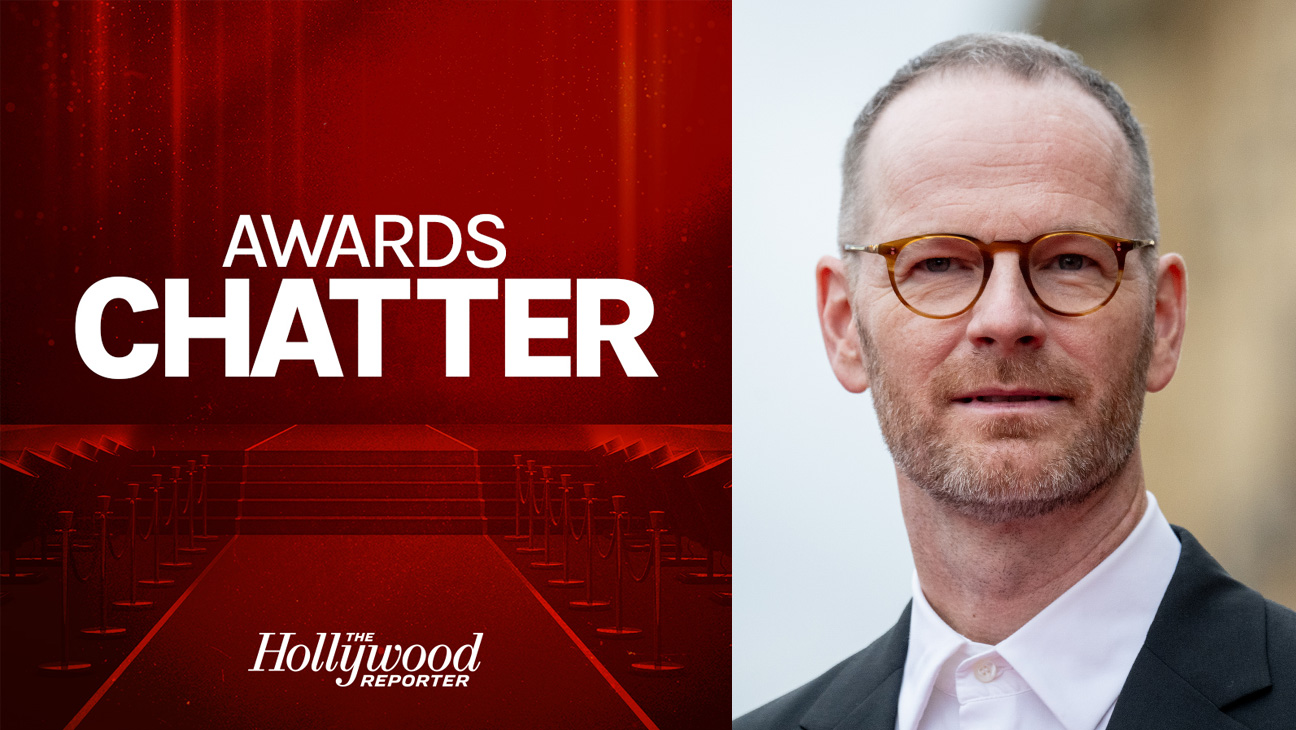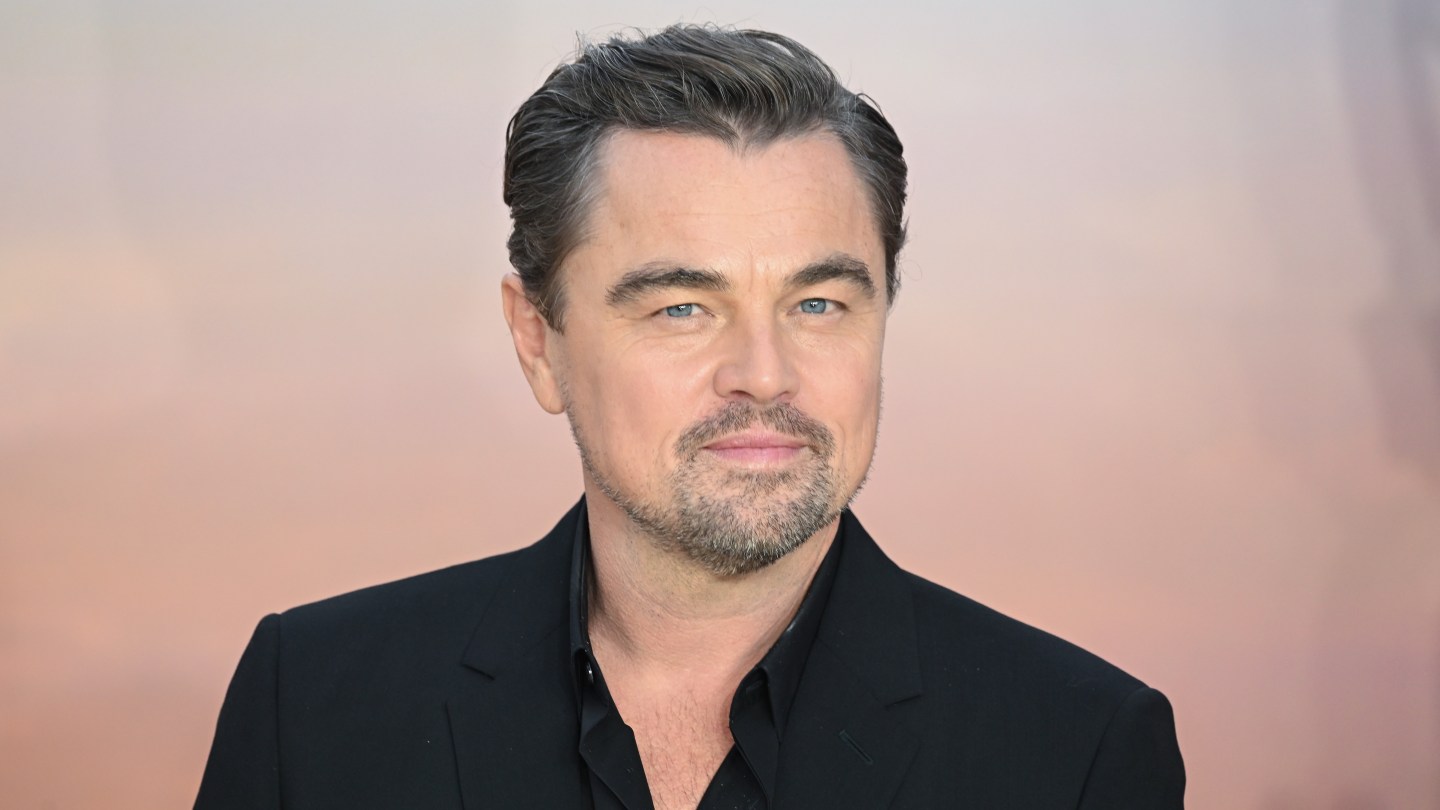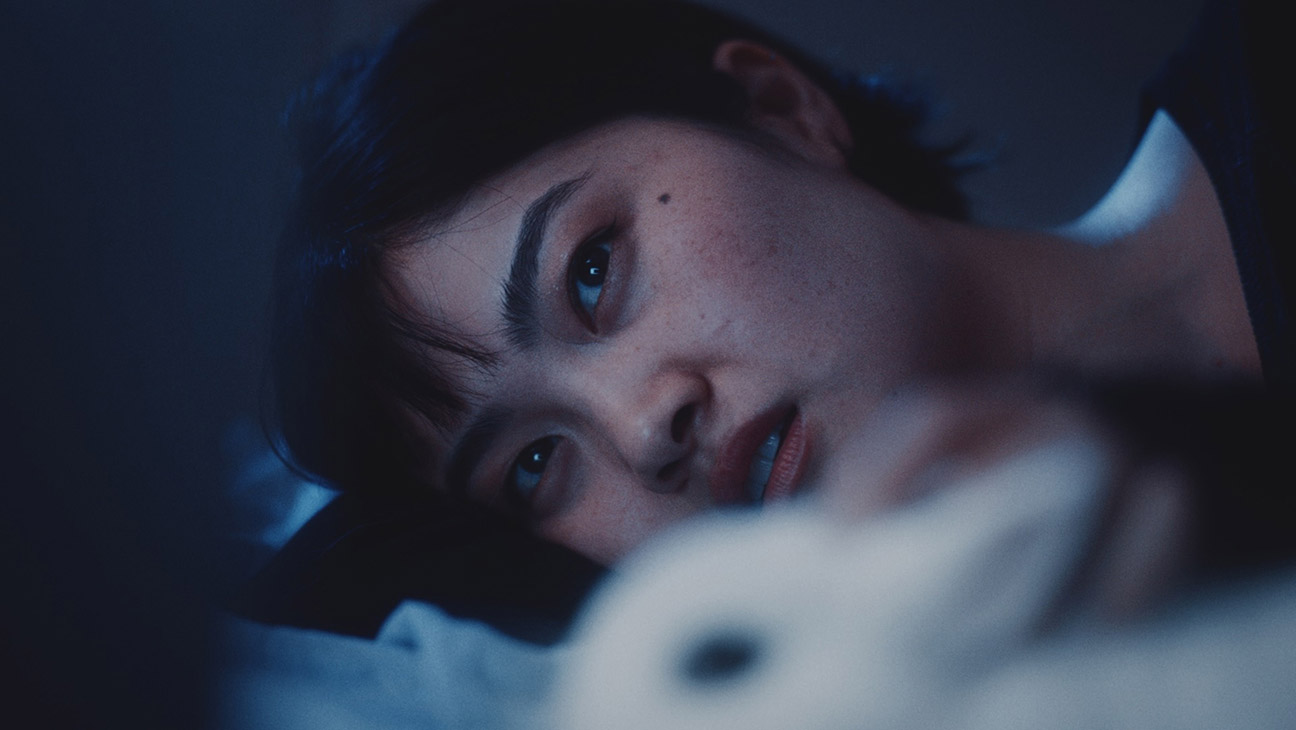Frank Dillane has been a regularly working actor since his late teens, but only over the last few months, coming off of his star turn in Harris Dickinson’s directorial debut Urchin, has he hit a certain level of notoriety within the industry. “I’ve started to be offered things, which is a new experience for me,” the 34-year-old London native tells The Hollywood Reporter. “It comes with a whole new set of choices, and that comes with more stresses as well — but fantastic stresses.”
Until this point, Dillane has mostly, actively resisted such stresses. The son of character actors Stephen Dillane (Game of Thrones’ Stannis Baratheon) and Naomi Wirthner (Slow Horses’ Molly), he broke out with his vivid turn as a struggling heroin addict in Fear the Walking Dead, before reportedly requesting to be written out after the fourth season, which aired in 2018. Then he moved to Berlin, away from the noise of showbusiness. He felt frustrated with the job’s public requirements, from how he was told to dress to how reporters would quiz him about playing a junkie. “Young people can be quite absolute in their opinions about things they know very little about…and I was very young and I was very sensitive,” Dillane says now. But he has no regrets about stepping away from that major role — nor, in turn, from the flurry of opportunities that otherwise would have followed.
“That was a humbling experience,” Dillane says. “I left the show — and then there’s all of this other stuff that I walked away from, to be brutally honest. This ends up being my life, so what can I say? I’ve lived and I will die.”
Of late, Dillane has kept busy, anyway, acting opposite the likes of Claire Danes (in The Essex Serpent) and Sophie Turner (in Joan). He has been all over the auditioning circuit. Yet the nervy, raw emotion he brought to Fear the Walking Dead had remained the best onscreen showcase of his gifts as a performer. Then he went to a casting call for Urchin, securing the role of Mike, an unhoused Londoner trying to scrape his life back together after hitting rock bottom, well before the movie was greenlit. In that interim period, he quickly developed a bond with Dickinson, who’d made a name for himself as an actor in similarly gutsy indies like Beach Rats and Triangle of Sadness.
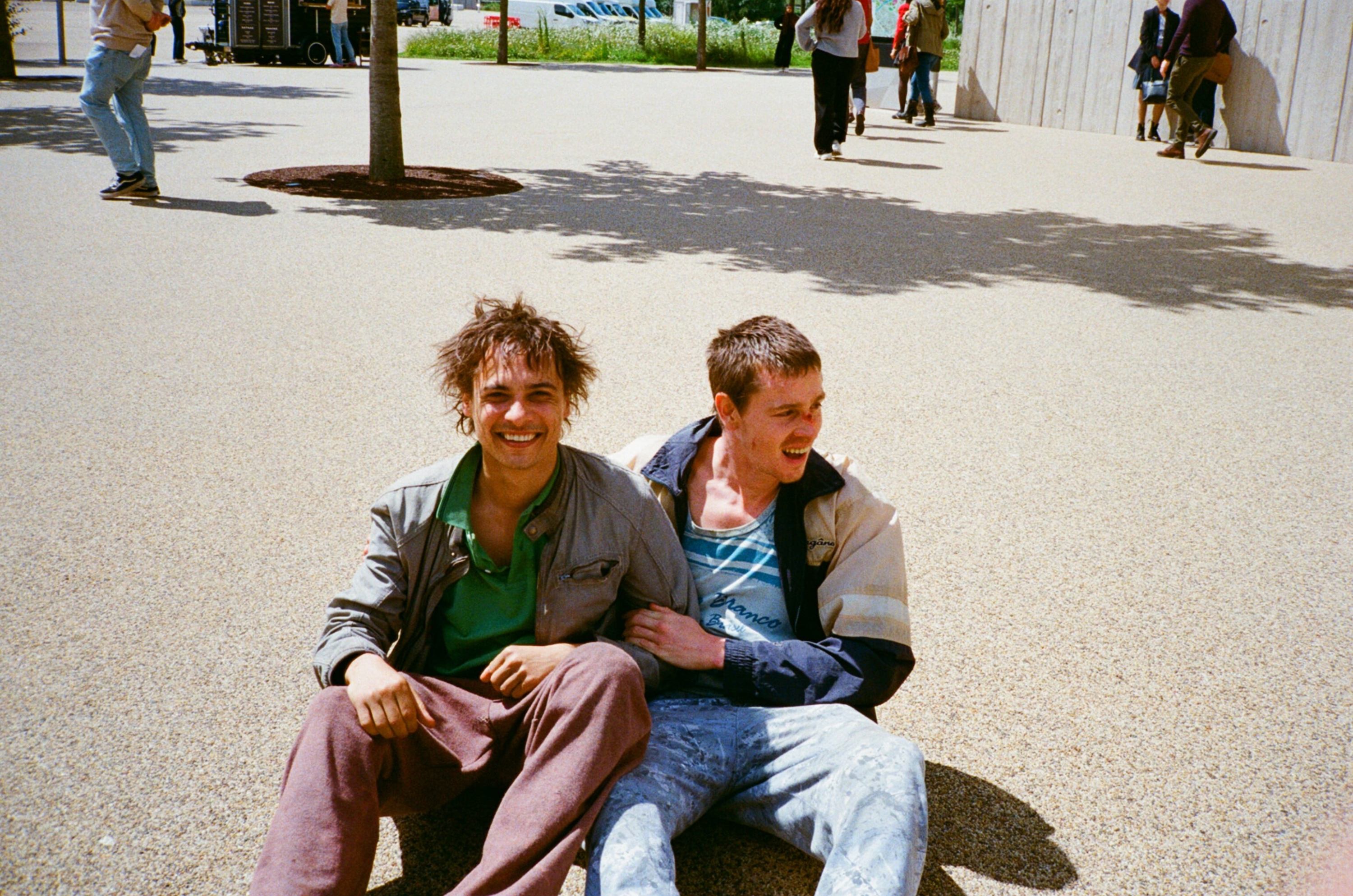
“Harris being an actor himself meant that his notes were practical and simple,” Dillane says. “He was not in any way under any illusions about what it would take. He held that space for me.”
And Urchin demands a lot of Dillane. The film, kinetically paced and increasingly dripping with dread, follows Mike losing control of what he’s just begun building for himself — a decent job, a place to stay, a new friend (played by Megan Northam). He takes his sobriety day by day, seemingly always teetering. But this is not quite a feel-bad thriller — it’s imbued with tremendous heart, and Dillane’s brilliant performance keeps it beating. He doesn’t shy away from Mike’s selfishness or desperation; he doesn’t strain for likability or easy psychological answers. But in his jittery, heartbreaking complexity, the resulting characterization is deeply humane. It’s no surprise Dillane won the Un Certain Regard best-actor prize out of the Cannes Film Festival, where Urchin premiered. (The movie, distributed by arthouse upstart 1-2 Special, hits select U.S. theaters Friday.)
“Harris really pushed me to my limits, which I appreciated,” Dillane says. “It was very childish in many ways, as in: We really explored and really played. We would go there.”
Mike is the kind of role that might prod similar questions as Dillane’s Fear the Walking Dead character — about preparing to play someone so damaged, or going to such dark places. “I’m still very sensitive, but I have broader shoulders now — my eyes have been opened,” the actor says. He’s still not inclined to talk about process, however. “It’s a bit like a magician telling his tricks — it can sound absurd and it also trivializes it in many ways. The character being as vulnerable as he was and is, and that world being what it is, I don’t want to exploit or make light of anyone’s experiences.” What he will say about how Urchin impacted him: “My humanity and understanding of the world has deepened. There are no simple solutions to complicated problems. I think that our empathy has to widen.”
Because Dillane grew up in a family of actors, he comes at his resistance to publicly discussing craft from a nuanced perspective. “My dad does what he does and has his method, my brother does what he does and has his method, my mom does what she does and has her method — it doesn’t translate well, actors talking about acting,” he says. “I remember being young and reading all these things that these heroes of mine did, and just feeling not-so-good about myself because I didn’t have the opportunity to do all that.”
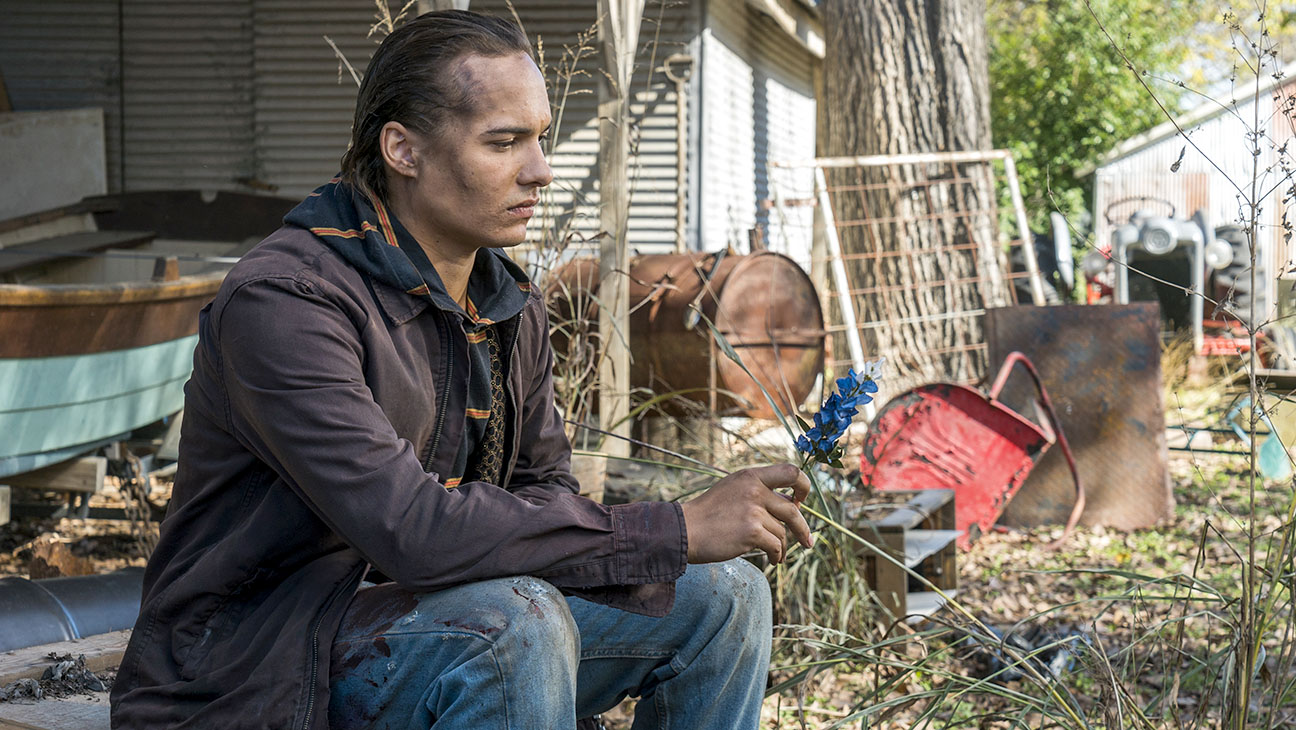
To his credit, Dillane has been getting out there for Urchin. In conversation, he’s spirited, thoughtful, and clearly moved by both the making of the filmand the resulting raves. With all the press, he’s still figuring out what to say and how to say it. A recent Guardian headline spotlighted Dillane describing how he was “paled up” at 18 years old — notable, since Dillane is biracial; his mother, Wirthner, is Afro-Jamaican — to play a young Voldemort in Harry Potter and the Half-Blood Prince. He didn’t intend for that to be read as a negative. “I saw that quote and that wasn’t how I’d meant it,” Dillane tells me now. “That was an amazing experience, and the role required Voldemort to look a certain way — so I absolutely should have looked that way.”
Urchin will fight for eyeballs this fall as a small critical darling in a season dominated by A-listers and expensive awards campaigns. But as Dillane finds himself back in the mix for marquee offers as a result of its acclaim, he will face more scrutiny — the stuff an artist cannot always control, and that previously led him to step back from the profession for a little while.
He’ll next play a key role in Focus Features’s anticipated new take on Sense & Sensibility, toplined by Daisy Edgar-Jones, and is hearing about other exciting projects as we speak. “I kind of miss the lottery of auditions where it’s like, ‘Oh my God, I’m going to be a 17th-century sailor this week, and then the next week I’m going to be a detective in the ‘70s,’” he says. “It’s exhausting, though, auditioning — and it can be very demoralizing.” Indeed, now in his mid-30s, he sounds ready to forge ahead, even with all the new eyeballs on him. “That’s the gig, isn’t it? An actor’s currency is his or her emotions,” he says. “I do feel slightly exposed by that, but it comes with the territory.” Call that some hard-earned wisdom.

